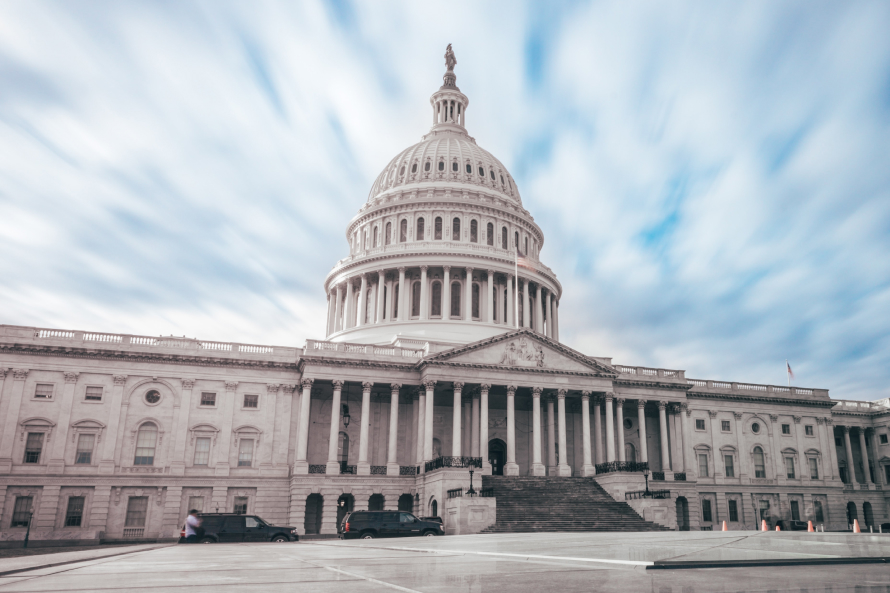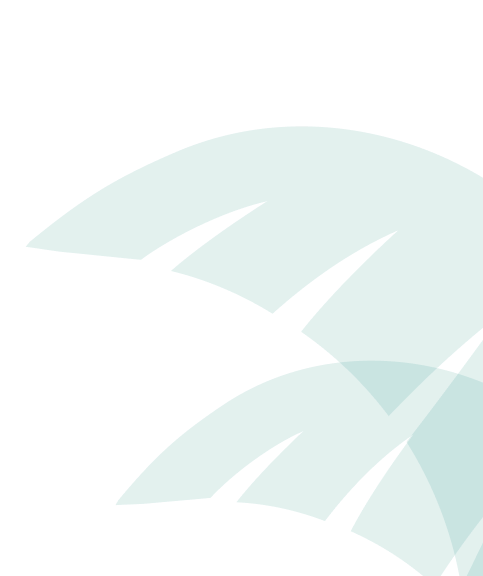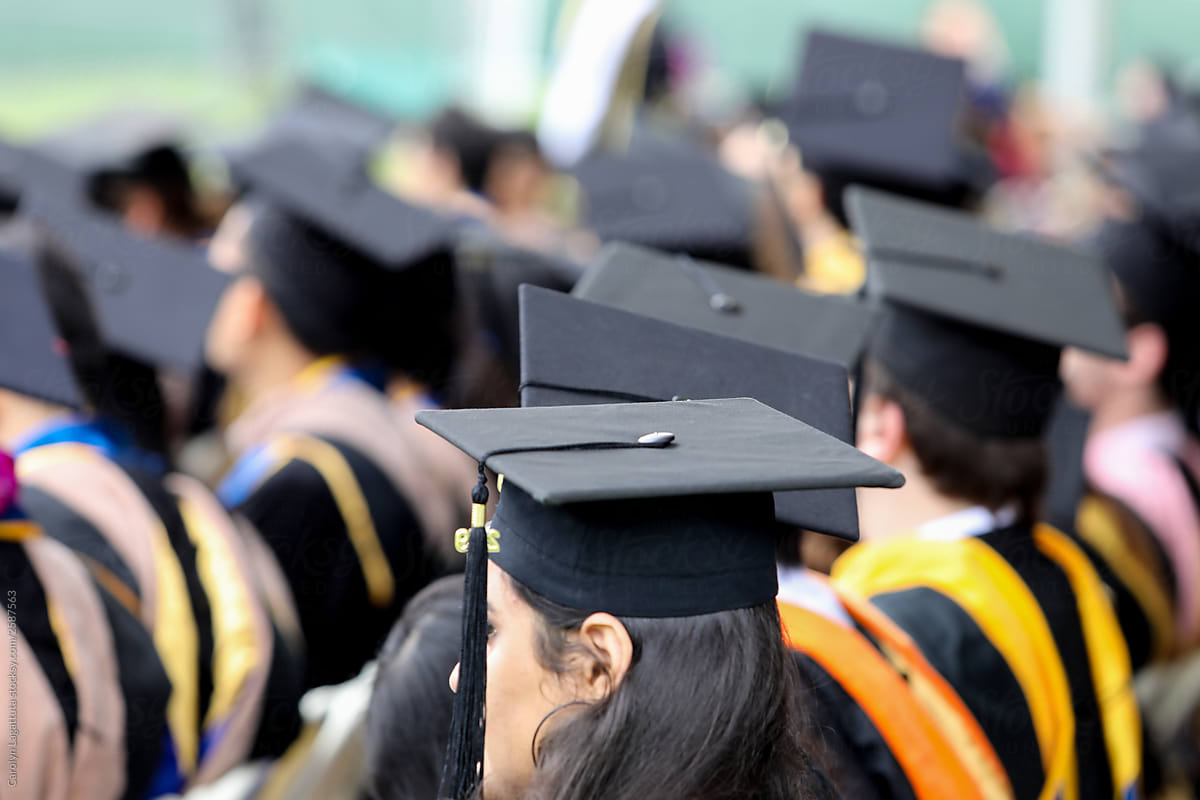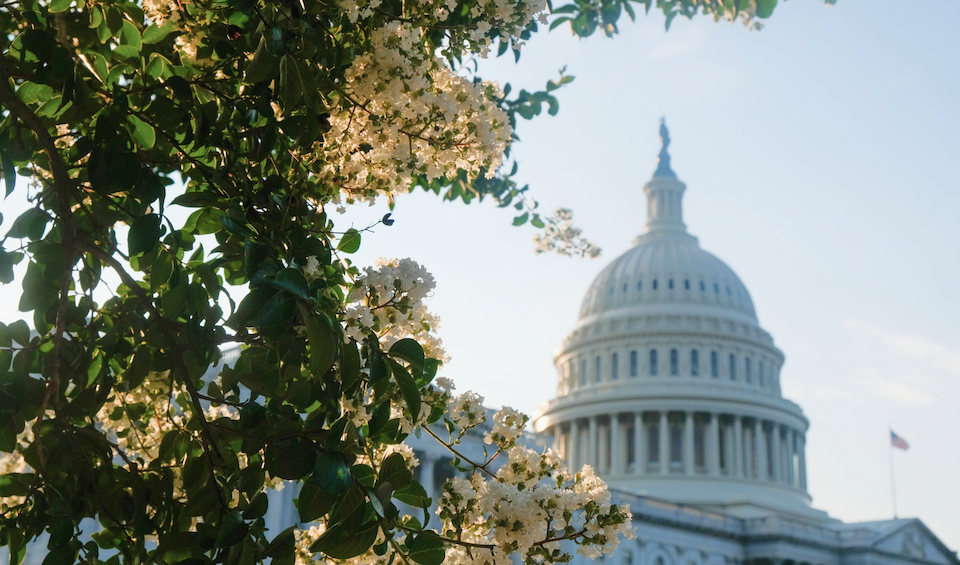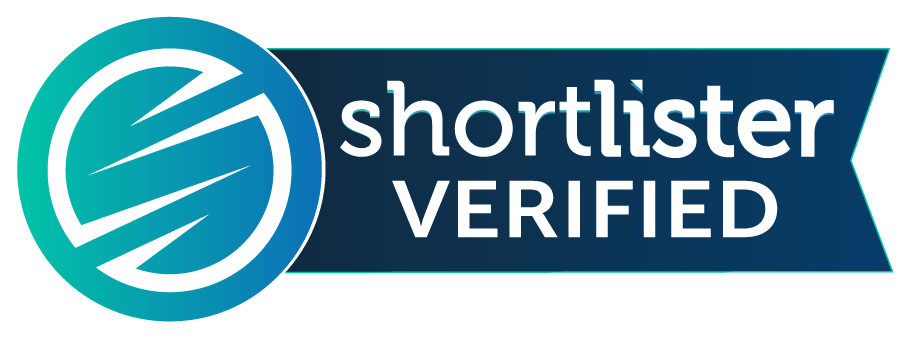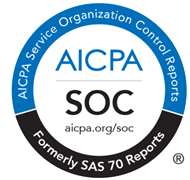Updated 11/28/22: Since this blog post was published, payments and interest on federally-held student loans are now set to resume 60 days after a court decision on President Biden’s forgiveness program. If no decision has been issued by June 30th, 2023, payments will resume 60 days later.
On March 31, 2020, the Coronavirus Aid, Relief, and Economic Security (CARES) Act was signed into law. It included several provisions relating to student loan payments, including updates to previously announced student loan changes.
Below are the main provisions of the bill and what they mean for student loan borrowers in repayment. It is important to remember that these provisions mostly apply to federally held Direct loans. We have a guide that goes into more detail on which types of loans qualify for the benefits.
- There will be no payments due on federally held student loans from March 13th through September 30th. Direct debits will be suspended automatically by your loan servicer, and they’re required to notify you of this by April 15th. You can choose to still make payments during this period if you’d like to. If you made a payment after March 13th, you can request to have it refunded. The recertification deadline for income-driven repayment plans should also be extended.
- Interest will not accrue on federally held student loans until September 30th. This means your loans will have a zero percent interest rate through the end of September. If you decide to make payments during this period, the payments will first be applied to any outstanding interest, but then will be directed to the principal of your loan balance.
- Suspended payments during this period will count towards forgiveness programs like income-driven repayment (IDR) forgiveness and Public Service Loan Forgiveness (PSLF). If you are already on track for programs like PSLF, you can stop making payments and they will still count toward the 120 required for forgiveness.
- Suspended payments during this period will be reported to credit agencies as on-time monthly payments. This will work differently from a normal forbearance, and will be more beneficial to borrowers’ credit scores.
- Involuntary collection on defaulted federal student loans will be paused. If your loans are in default and your wages or tax returns have been garnished, that should stop as of March 13th. If your funds were garnished after that date, you should receive a refund. If you’re in the process of rehabilitating your defaulted loans, the months of suspended payments will count toward your rehabilitation payments.
- You will be notified at least six times before payments resume. Starting on August 1st, your servicer is required to notify you via phone, mail, or email with details of when and how your payments will resume. They will also be required to communicate options like income-driven repayment to make sure payments stay affordable.
- If you had to withdraw from school during the coronavirus crisis, your Direct loans will be canceled. This will apply to Direct loans that you took out for this semester.
The federal government has also stated that these benefits will be applied retroactively, so don’t worry if you don’t see the details reflected on your account yet. Make sure your loans qualify for the benefits, and send us an email at hello@meetsummer.org if you have any questions—we’re here to help.


